Last Wednesday producers, retailers and representatives from community food organisations met in The Friends of the Earth Warehouse, Birmingham, with the OFN UK team. It was a unique opportunity for people, from as far and wide as Cornwall to the Outer Hebrides, to meet, network and share ideas on how to help shape future food systems in this country. Powered by a common passion to make good, local and sustainable food accessible to all, create short supply chains and a fair and balanced food economy, the discussions focused on everything from idealised visions, to the practical steps needed to reach this goal.
As summed up by Nick Weir, OFN UK communications manager, everyone present in the room was “building, from the ground up, food systems which are changing the local area, and collectively we can do much more”. As well as being the midpoint in the country for everyone to travel to, meeting at Friends of the Earth Birmingham had special meaning – the location where the seedlings of OFN UK germinated about 7 years ago. From humble beginnings, OFN UK is about to set out on the next stage of its journey after receiving a 4-year grant from the Big Lottery Community Fund Digital Scheme.
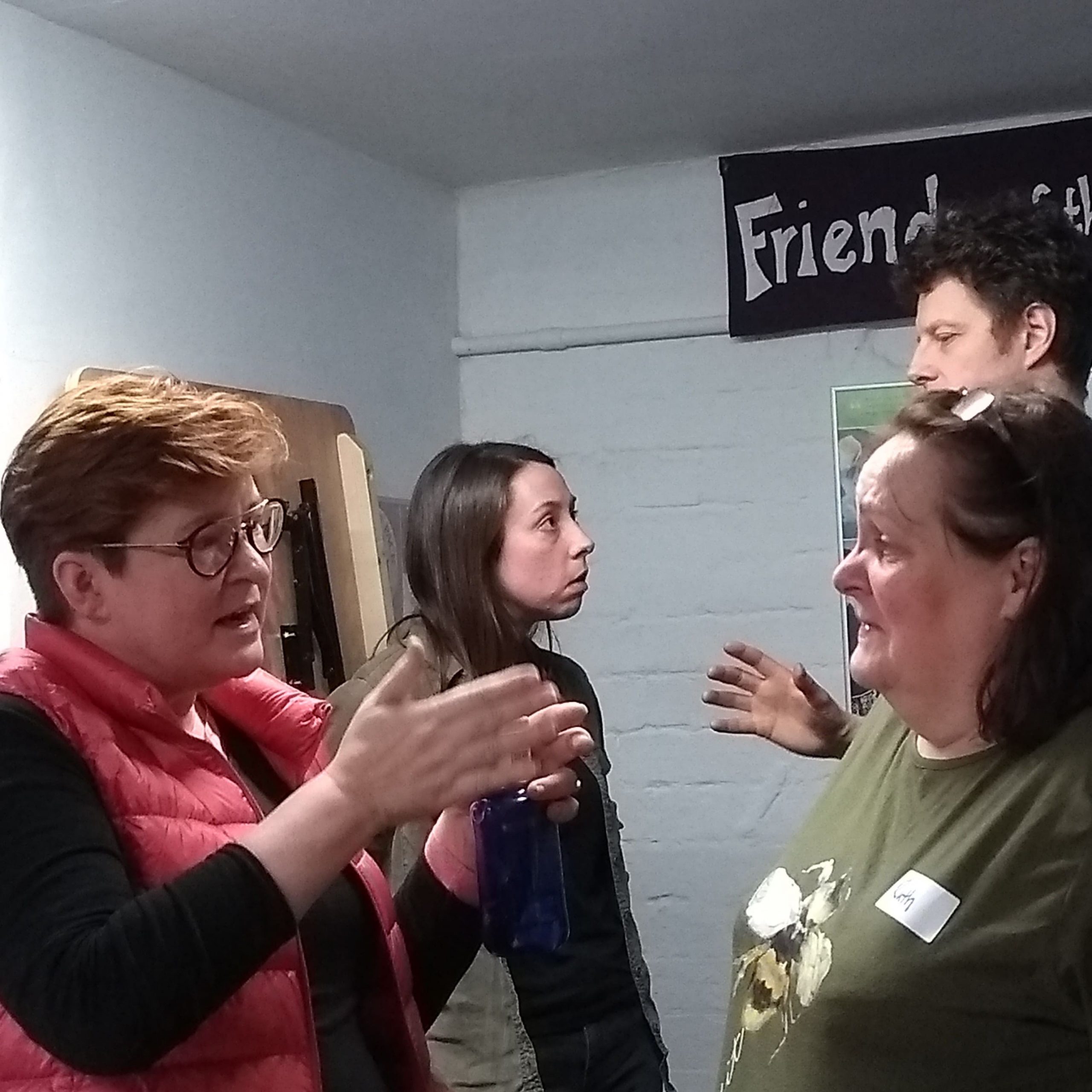
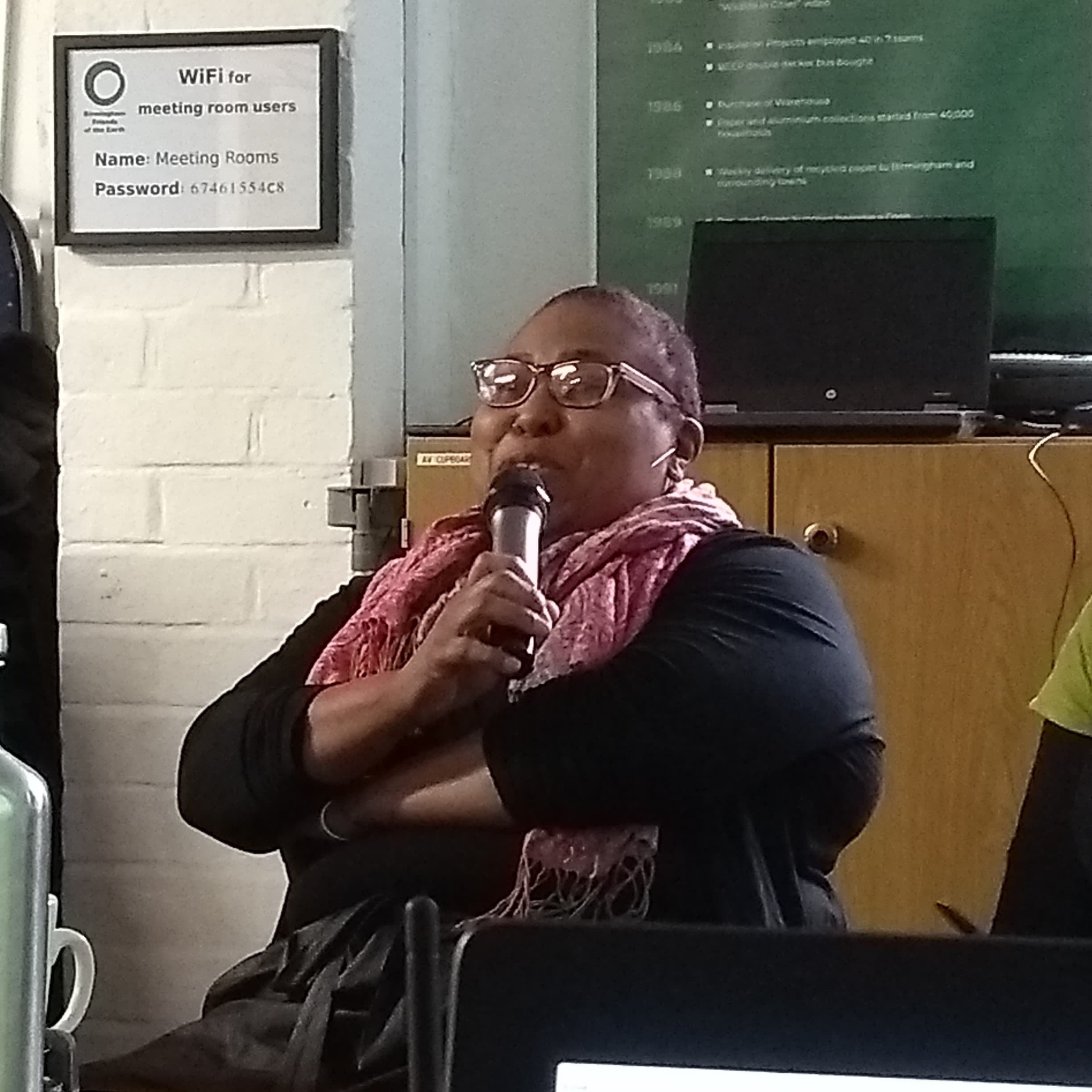
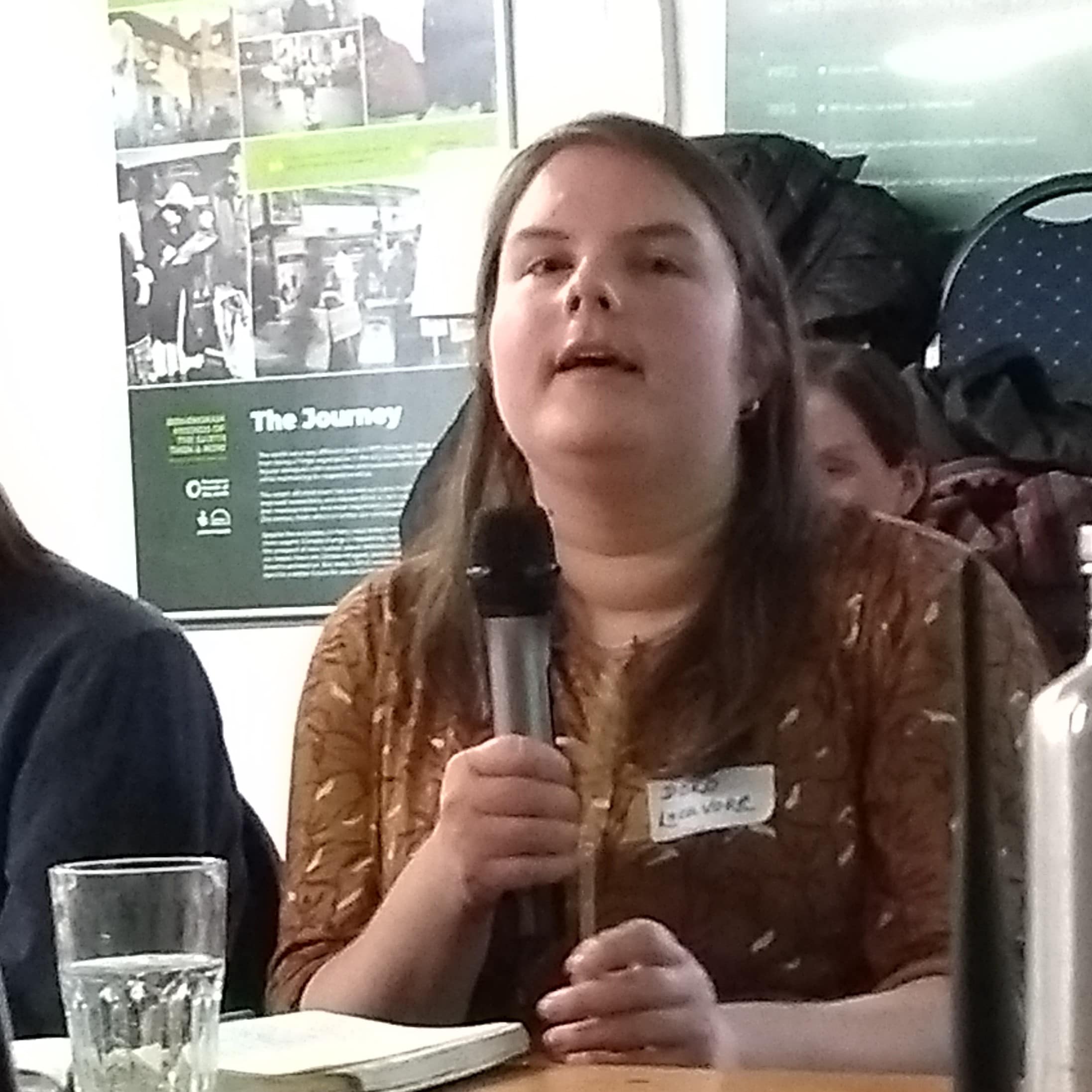
Wednesday started with a round of ‘stand up if you are…’, summed up by ‘Stand up if you want to build better food systems’ which saw everyone in the room on their feet. Building new, and cementing existing, relationships was a large part of the gathering. Everyone was encouraged to bring an item which represented their vision for the future of local food. Objects as diverse as a bowl of earth from Stroud, to an unwrapped, freshly made, unsliced loaf of bread made from locally grown cereals , honey, apple juice, a crystal ball and more were placed on a tray in the centre of the room along with a lit candle for the rest of the meeting.
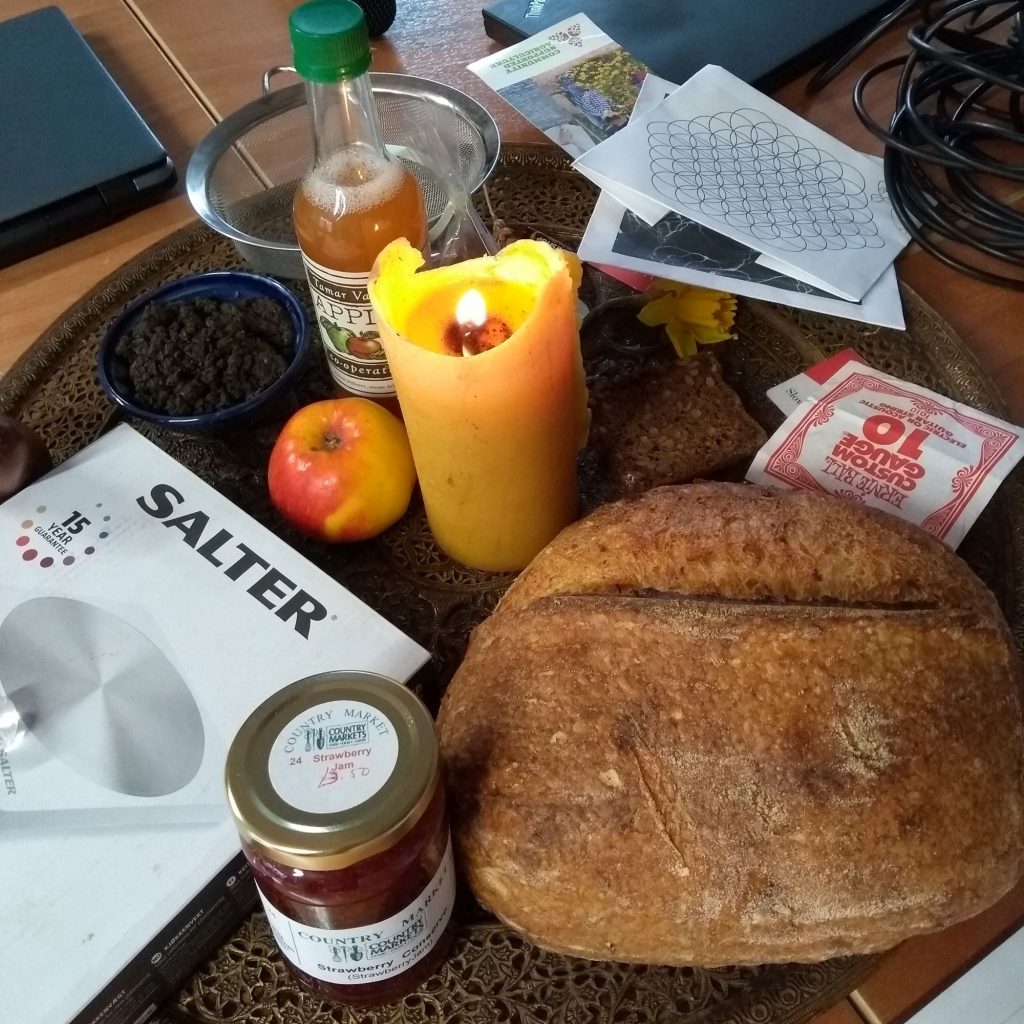
Four successful, and currently trading, OFN businesses with very different models gave insightful presentations on how they use our software platform to connect food to local people:
- Tamar Valley Food Hub was one of the founding members of OFN UK, having started in 2013. It now connects over 60 small scale food producers in Devon, Cornwall and the South West to both domestic and wholesale customers. In addition to their retail arm, Tamar runs the Grow, Share, Cook social enterprise project which aims to address food poverty and improve the accessibility of fresh food to those on low incomes in the Plymouth area.
- Locavore is an inspiring food hub in Glasgow which initially started out as a shop selling locally produced, Scottish food only. Although to an outsider, or tourist, regional produce is attractive, it doesn’t always meet the needs of the local population. Hence, Locavore decided to expand their range to include everyday groceries. They now operate a very successful veg box scheme, distributing fresh, locally grown vegetables across central Scotland as well as having a supermarket-sized shop for people to visit. With the aid of OFN, veg box customers can add ad hoc items each week to their veg box delivery.
- Sail Cargo Alliance connects ethically grown produce from around the world to customers in the UK by the means of wind-powered sailing vessels to docks in under-used ports where ‘Port Allies’ coordinate sales. This is an exciting new way of delivering produce to the UK which simply can not be grown in our climate (such as citrus, chocolate, coffee, olive oil and more).
- Cambridge Food Hub uses the OFN platform to coordinate the distribution of local food in Cambridgeshire between businesses only: farmers, bakers and importers to shops, wholesalers, restaurants and caterers. The business-to-business model has subtle differences to retail: instead of adding enterprise fees (a mark up) to product prices to cover their overheads, Cambridge Food Hub operates on a membership fee scheme.
Insightful and thought provoking questions and discussions for all four hubs included ‘How do you cope with growth?’, ‘What level do you set your enterprise fees at?’ and how to connect foreign goods imported by Sail Cargo Alliance with inland Britain by the canal network or Scottish grown crops with the south of the UK by sea.
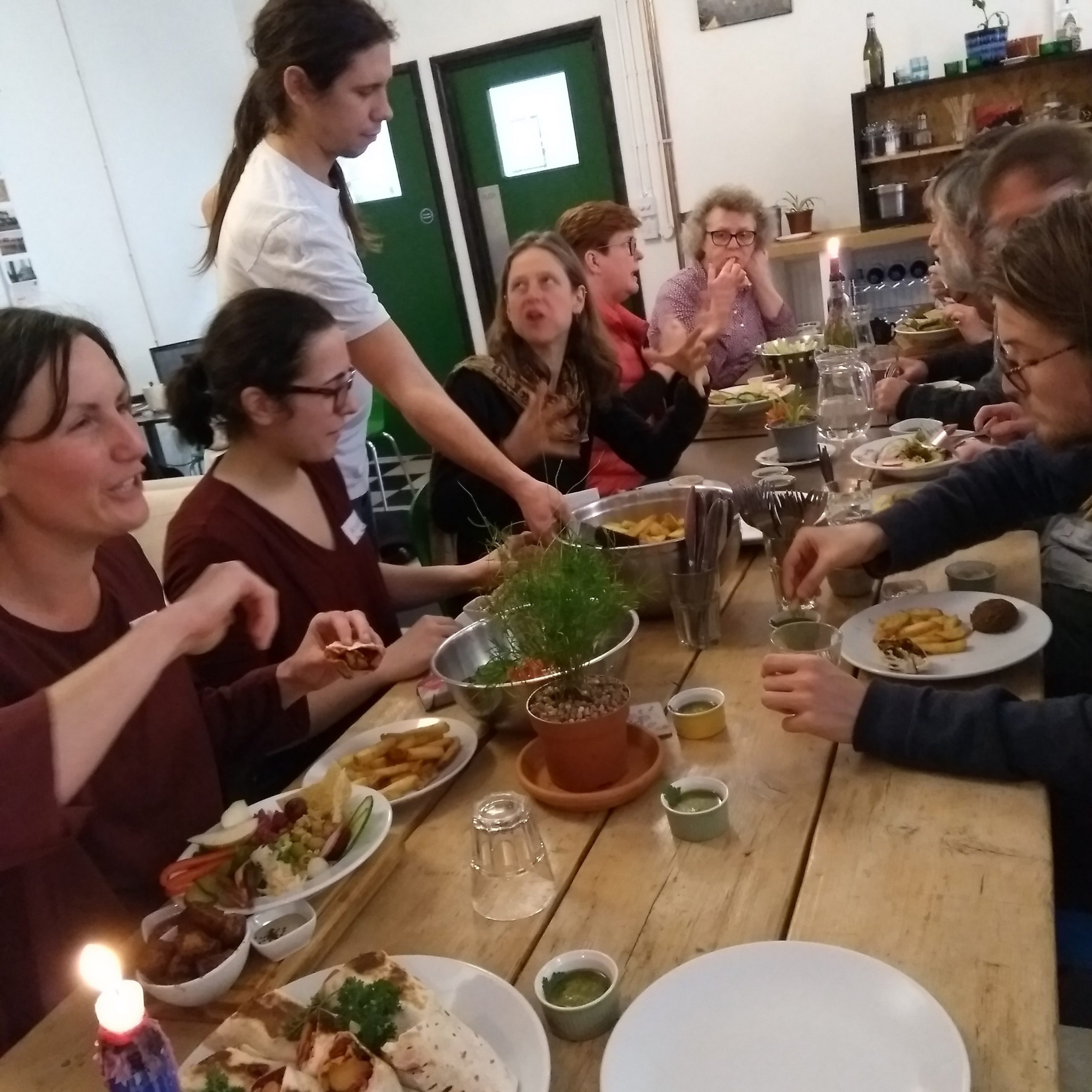
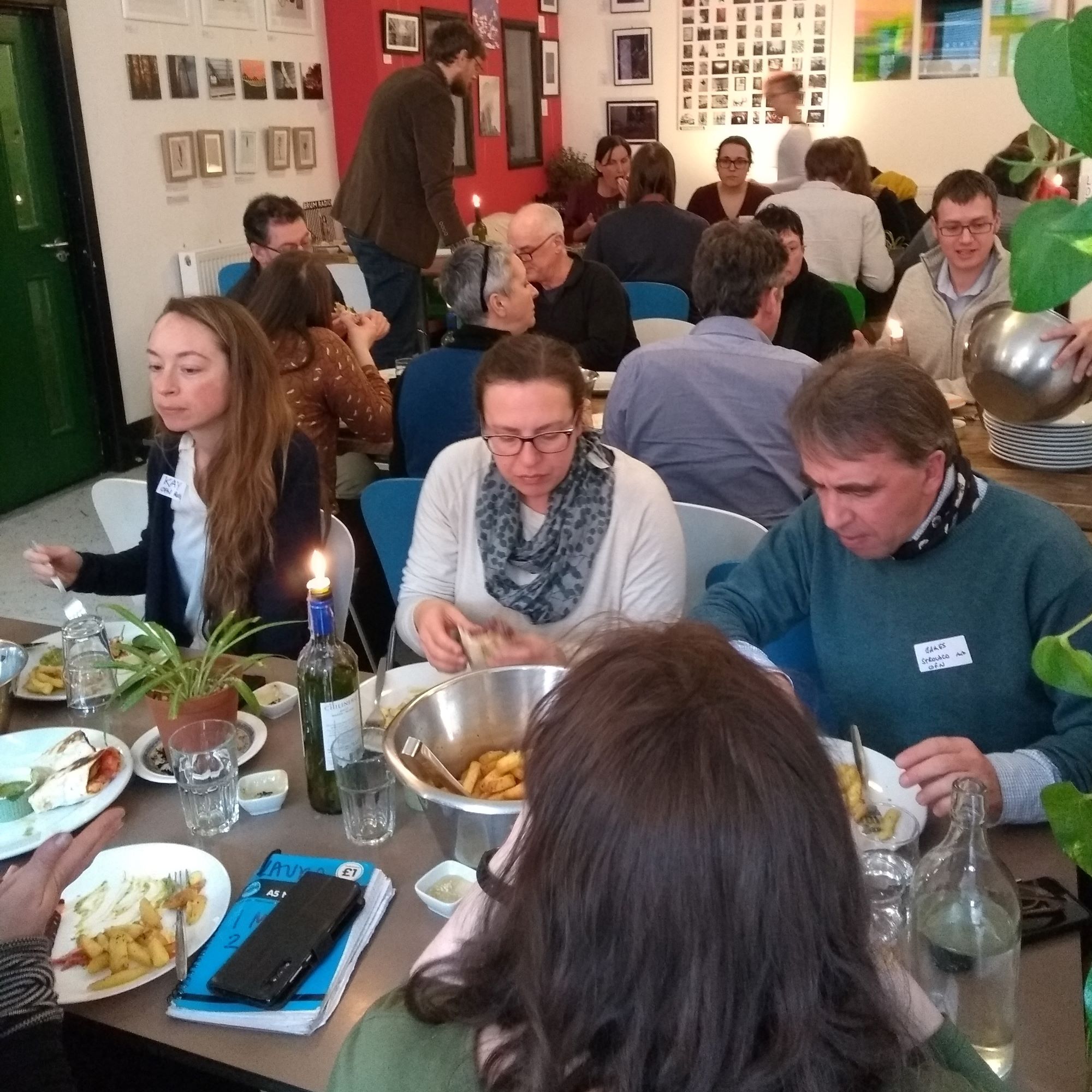
As well as OFN users and hub managers, representatives of a number of community food organisations allied to OFN were present, including Rupert Dunn and Deirdre Woods (Land Workers Alliance), Adrian Steel (Soil Association), Page Dykstra (Community Supported Agriculture Network), Natasha Soares (Growing Communities), Jeremy Iles (Green Future), Kate Smith (Slow Food) and Nina Osswald (Good Food Oxford). This prompted some interesting discussions about networking and how best to encourage broader engagement across all sections of society.
Some inspirational quotes from the day:
- “And that will be the only grocery shopping I ever do online” – Kirsten Gibbs about her first OFN experience as a shopper, buying ethically grown olive oil and other goods she then collected at a Sail Cargo Alliance event at Greenwich Pier.
- “It will be ready when it’s ready, something that is faster is not necessarily better” – Rupert Dunn about both sourdough bread and OFN.
- “I can see the future and I can see it changing. Let’s celebrate the positives” – Gary Mitchell
- A “great connective network of local food” – James Millar of OFN’s future
- “Illustrates the way all of us are trying to be more gentle with the environment” – Charlye Woolman about how homemade strawberry jam made from homegrown strawberries without the use of pesticides represents his vision for food systems.
- A future where “All [can] enjoy the beautiful and delicious food that we in this room enjoy” – Lynne Davis
- “A network of light and the output of this network which is connected in every direction becomes the input for other people’s health and wellbeing” – Laura Williams
